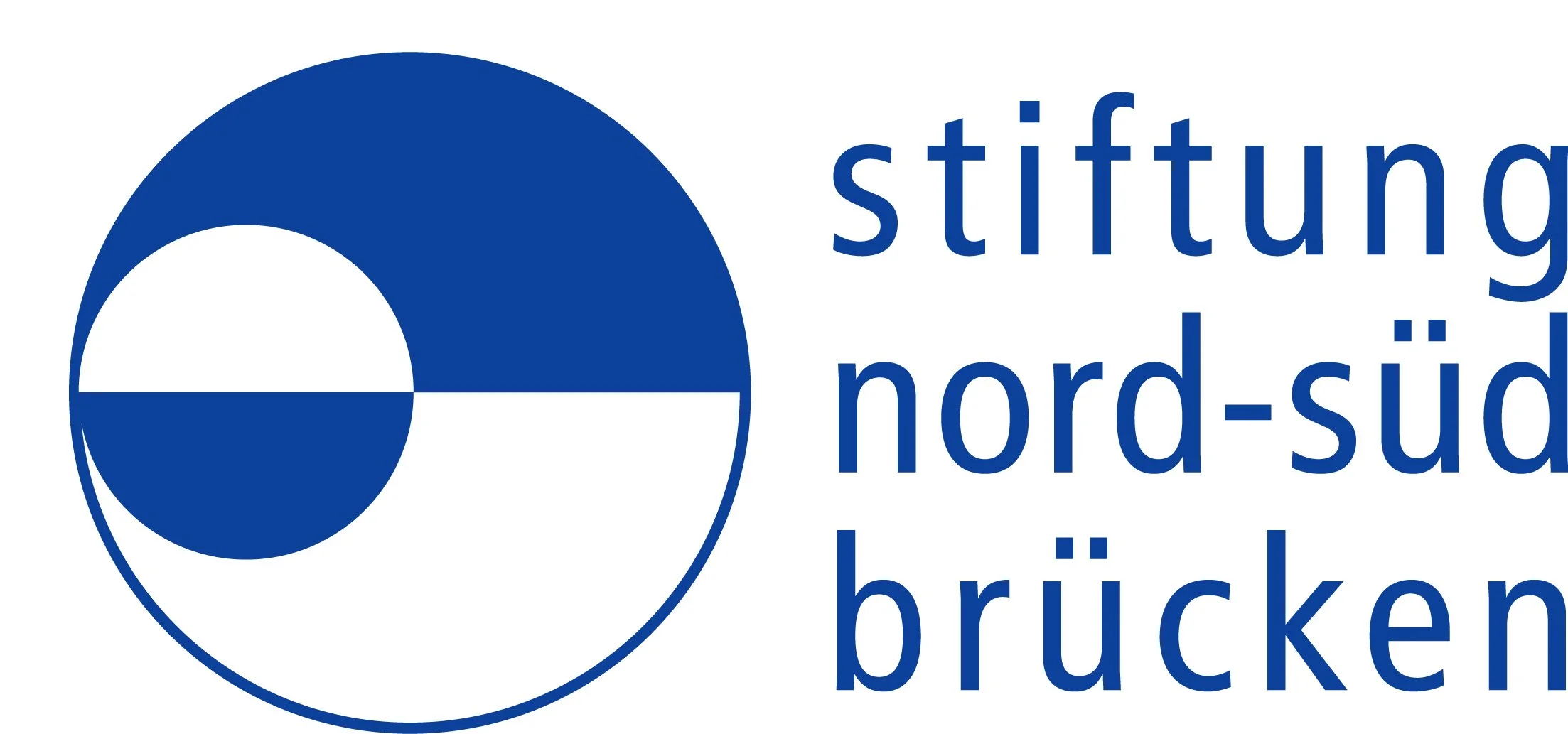Data4Impact: Strengthening digital competencies and data ownership of local CSOs in Cameroon
Funding partner: German Federal Ministry for Economic Cooperation and Development (managed by Stiftung Nord-Süd-Brücken)
Timeline: 10/2025 - ongoing
Location: North West und South West Cameroon
Project partner: Humanitarian Association of Dynamic Youths (HADY)
The anglophone regions of Cameroon have been affected by violent conflict for over seven years. Local civil society organisations (CSOs) provide critical services in health, WASH, education, nutrition, and protection, often in contexts where state institutions and international actors have retreated. Despite their crucial role, most of these organisations lack access to affordable digital infrastructure, training, and systems for reliable data management. At the same time, donor requirements increasingly demand transparent reporting, evidencebased planning, and digital proficiency in tools such as Excel (Microsoft Office), KoboToolbox (KoboCollect), Power BI, or even AI applications. Without support, local CSOs risk exclusion from funding and decision-making processes. Women- and youth-led organisations are particularly disadvantaged, facing barriers in access to digital tools and training.
Data4Impact responds directly to these needs by building digital resilience and practical data skills among staff of local CSOs. The project empowers them to collect, analyse, and present data effectively thereby strengthening their ownership over the data they generate and reducing dependency on external actors. This is not only a matter of technical capacity but also of power: ensuring that local actors control and strategically use their own data is central to the global localisation agenda, which emphasises shifting resources, agency, and decisionmaking towards local organisations.
Context
Overall Goal:
Contribute to stronger, more resilient local CSOs able to deliver quality services and advocate for community needs through improved digital competencies and data ownership.
Specific objectives:
Equip 25 and 35 staff from at least 10 local CSOs with practical skills in data collection, analysis, visualisation, and reporting.
Enable local organisations to claim ownership of their data and use it for fundraising, accountability, and advocacy.
Create an accessible digital knowledge hub for continued peer learning and organisational transfer.
Provide continuous mentoring to participating CSOs throughout the training process, ensuring that knowledge is transferred, applied in practice, and anchored institutionally.
Foster equitable partnerships and digital sovereignty by reducing dependency on external actors.
Project activities and timeline
The project will be implemented by Humanitarian Association of Dynamic Youths (HADY), a Cameroonian organisation with expertise in digital education and data management, in collaboration with MatchLocal e.V., which provides technical and coordination support.
-
• Finalisation of training curriculum, based on self-assessment and needs survey of local CSOs.
• Selection of CSOs with a focus on women-led and marginalised groups. -
• Virtual project launch and orientation session.
• First training sessions to test methodology and digital platforms. -
16 online sessions (2 hours each), delivered in English/French with Pidgin support where needed:
• Excel: Structured data management and analysis.
• KoboToolbox: Digital data collection in the field.
• Power BI: Data visualisation for monitoring and planning.
• ChatGPT / Microsoft Copilot: AI-assisted data interpretation.Supporting tools: Google Drive (materials), YouTube (recorded sessions), WhatsApp (peersupport and reminders).
-
• Final workshop with reflection and lessons learned.
• “Training-of-Trainers” component to encourage internal knowledge transfer.
• Certification of participants and finalisation of digital resource hub.
20-25 staff from 10 local CSOs trained; at least 80% demonstrate practical competency in data management tools.
A digital toolbox (guides, templates, recordings) accessible to all participants and their organisations beyond the project.
At least 10 organisations apply and share training outcomes internally, ensuring institutional anchoring.
Improved visibility and advocacy of local organisations through evidence-based reporting.
Strengthened data ownership by local CSOs as part of the localisation agenda.
At least 40% female participation ensured.
Expected results
Added Value
The project strengthens local leadership, data ownership, and digital sovereignty in fragile contexts, addresses systemic power imbalances in digital access, and contributes directly to SDG 4 (Quality Education), SDG 10 (Reduced Inequalities), SDG 16 (Peace, Justice and Strong Institutions) and SDG 17 (Partnerships for the Goals). It offers a scalable model for donor investment in the localisation agenda and the digital capacity of frontline organisations.
Supported by:
With financial support from:




